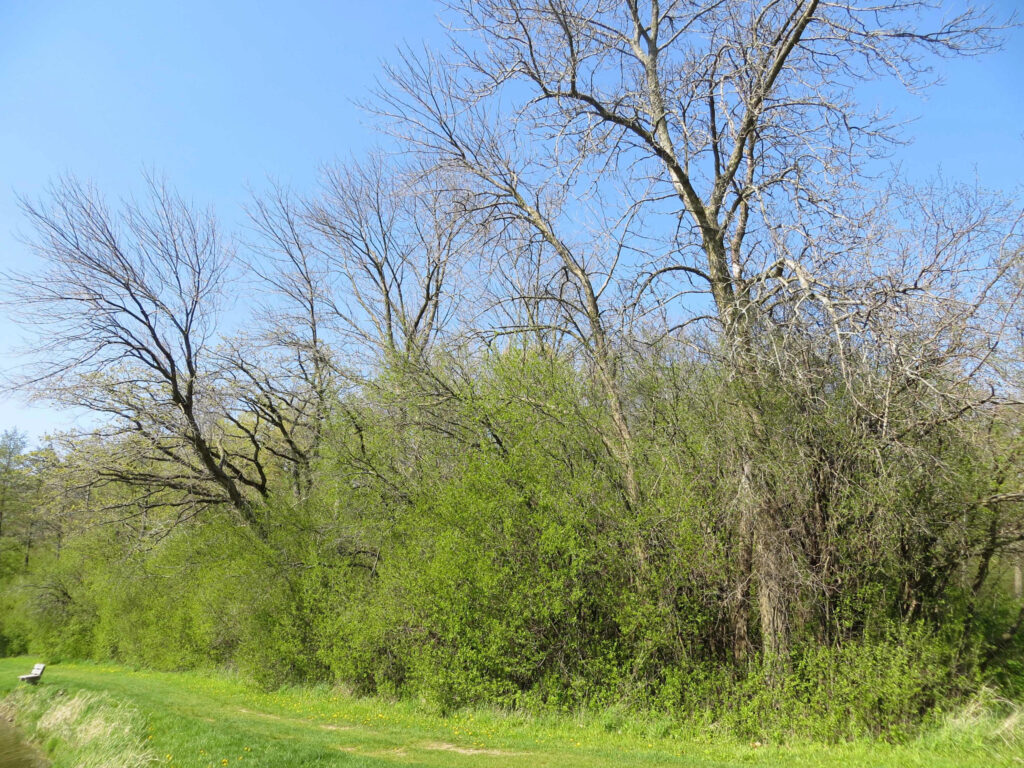During its second round of 2022 funding, the Wisconsin Department of Natural Resources (DNR) Urban Forestry Grant program awarded a total of $90,000 to five Wisconsin communities for urban forestry projects. These funds were made available through a United States Forest Service grant.
The Village of Grafton received $25,000, the City of Greenfield received $17,238.62, the City of Monroe received $7,917.67, the Ozaukee County Planning & Parks Department received $14,843.71 and the City of West Bend received $25,000. The communities that received these must match them dollar-for-dollar.
The DNR Urban Forestry Grant program funds projects consistent with state and national goals to increase the urban forest canopy and its benefits. The urban forest encompasses trees on both public and private property.
Continue reading “Five Applicants Receive DNR Urban Forestry Grants In Second Round Of Funding”

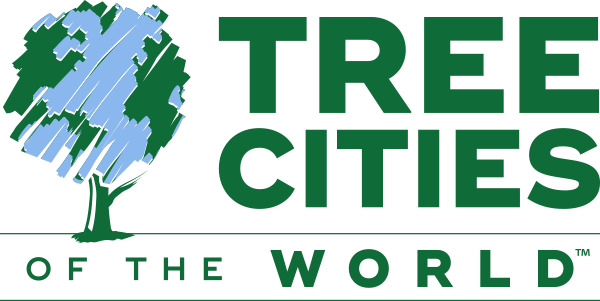 The City of Sheboygan has done it again. Not only do they hold the honor of being Wisconsin’s first Tree City USA back in 1976, but they are now also Wisconsin’s first community earning Tree Cities of the WORLD status! They are one of only 120 cities currently recognized, sharing the stage with San Francisco, Washington D.C., Minneapolis, Buenos Aires, Toronto, Brussels and Milan, to name a few.
The City of Sheboygan has done it again. Not only do they hold the honor of being Wisconsin’s first Tree City USA back in 1976, but they are now also Wisconsin’s first community earning Tree Cities of the WORLD status! They are one of only 120 cities currently recognized, sharing the stage with San Francisco, Washington D.C., Minneapolis, Buenos Aires, Toronto, Brussels and Milan, to name a few.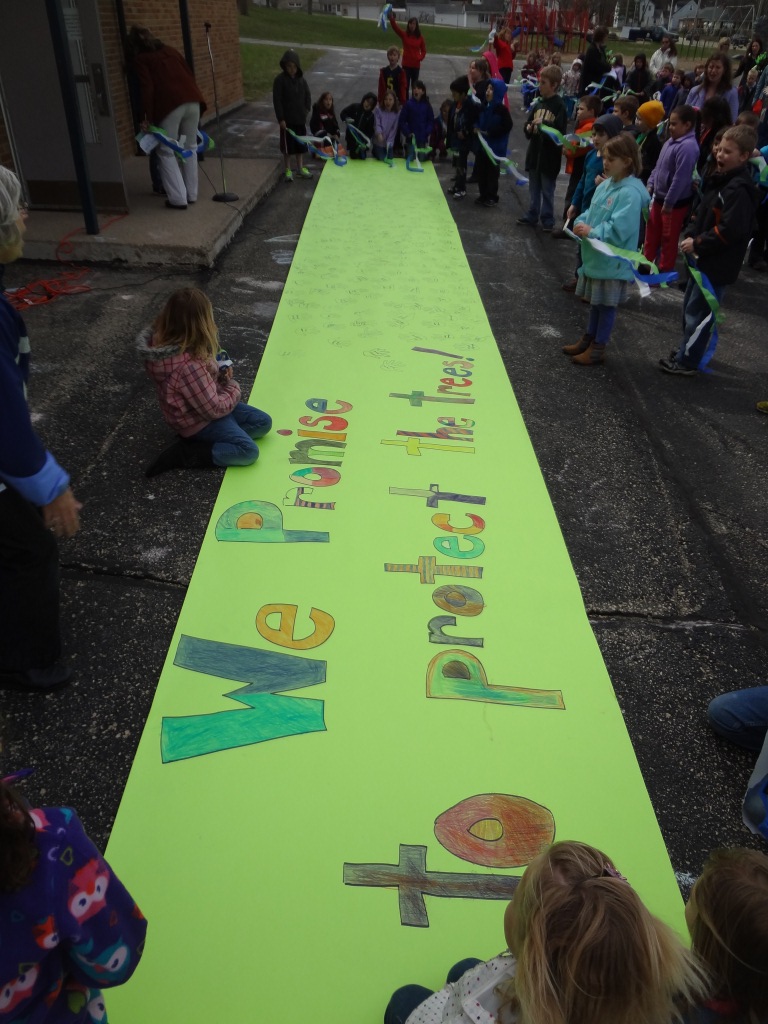 Did you know that 2022 is both the 150th anniversary of the Arbor Day holiday and the 50th anniversary of the Arbor Day Foundation? To mark these events, the Arbor Day Foundation is compiling all of the Arbor Day celebrations across the United States, putting them on a map, and sharing it far and wide.
Did you know that 2022 is both the 150th anniversary of the Arbor Day holiday and the 50th anniversary of the Arbor Day Foundation? To mark these events, the Arbor Day Foundation is compiling all of the Arbor Day celebrations across the United States, putting them on a map, and sharing it far and wide.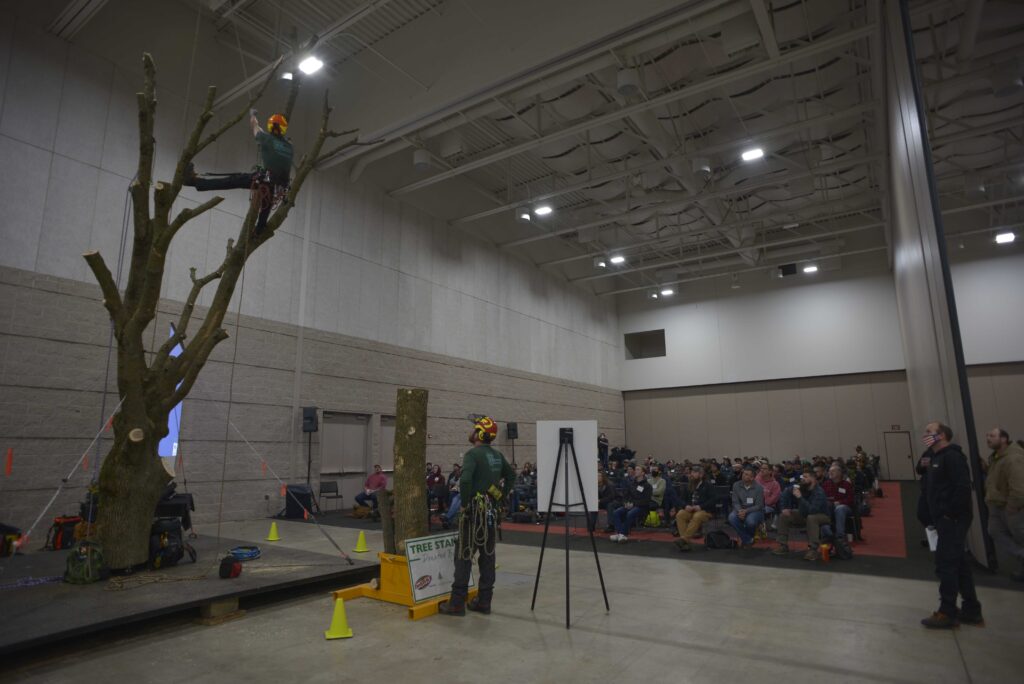 The 2022 Annual Statewide Wisconsin DNR/Wisconsin Arborist Association (WAA) Urban Forestry Conference, “Looking Forward, Not Backwards, to Our Days in Arboriculture!” was held in Green Bay on Feb. 20, 2022.
The 2022 Annual Statewide Wisconsin DNR/Wisconsin Arborist Association (WAA) Urban Forestry Conference, “Looking Forward, Not Backwards, to Our Days in Arboriculture!” was held in Green Bay on Feb. 20, 2022.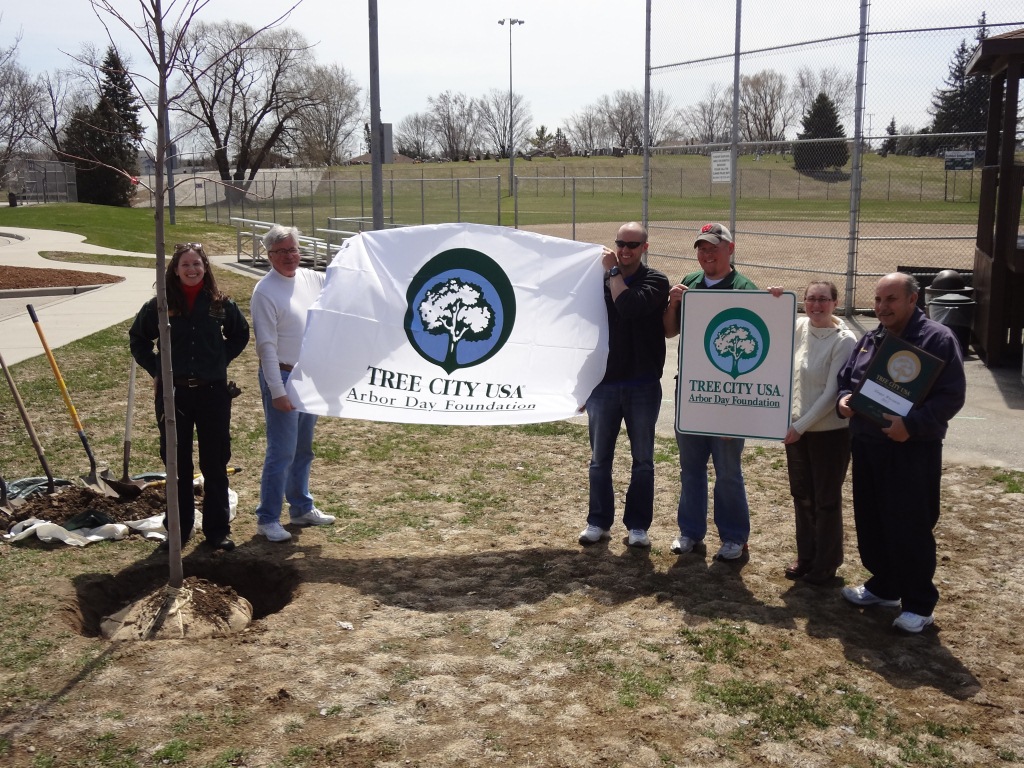 An Arbor Day celebration and proclamation will be required in 2022 to earn or maintain Tree City USA designation. An Arbor Day celebration will also be required to earn or maintain Tree Campus Higher Education and Tree Line USA recognition.
An Arbor Day celebration and proclamation will be required in 2022 to earn or maintain Tree City USA designation. An Arbor Day celebration will also be required to earn or maintain Tree Campus Higher Education and Tree Line USA recognition.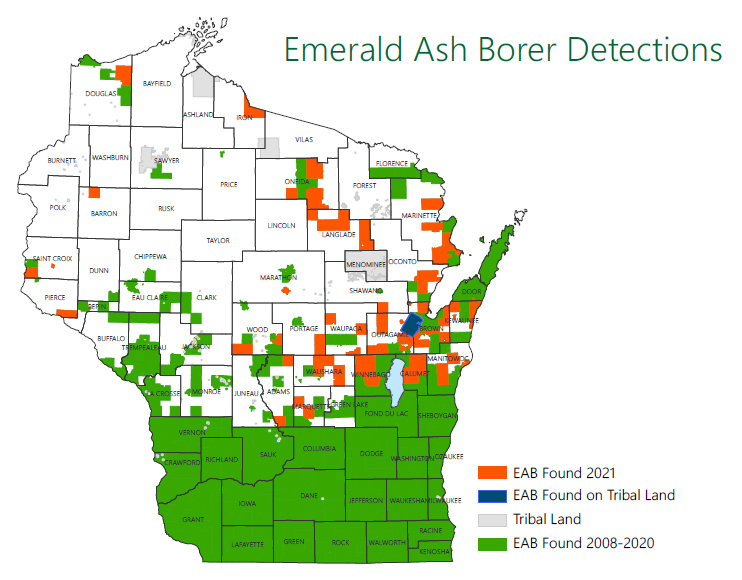
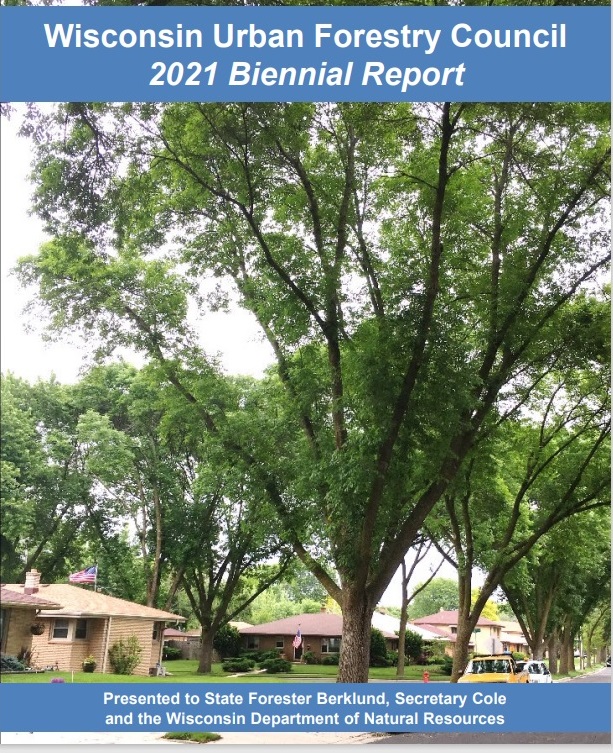 The purpose of the Wisconsin Urban Forestry Council is to advise the state forester, currently Heather Berklund, and the Wisconsin Department of Natural Resources (DNR) on the best ways to preserve, protect, expand and improve Wisconsin’s urban and community forest resources.
The purpose of the Wisconsin Urban Forestry Council is to advise the state forester, currently Heather Berklund, and the Wisconsin Department of Natural Resources (DNR) on the best ways to preserve, protect, expand and improve Wisconsin’s urban and community forest resources.